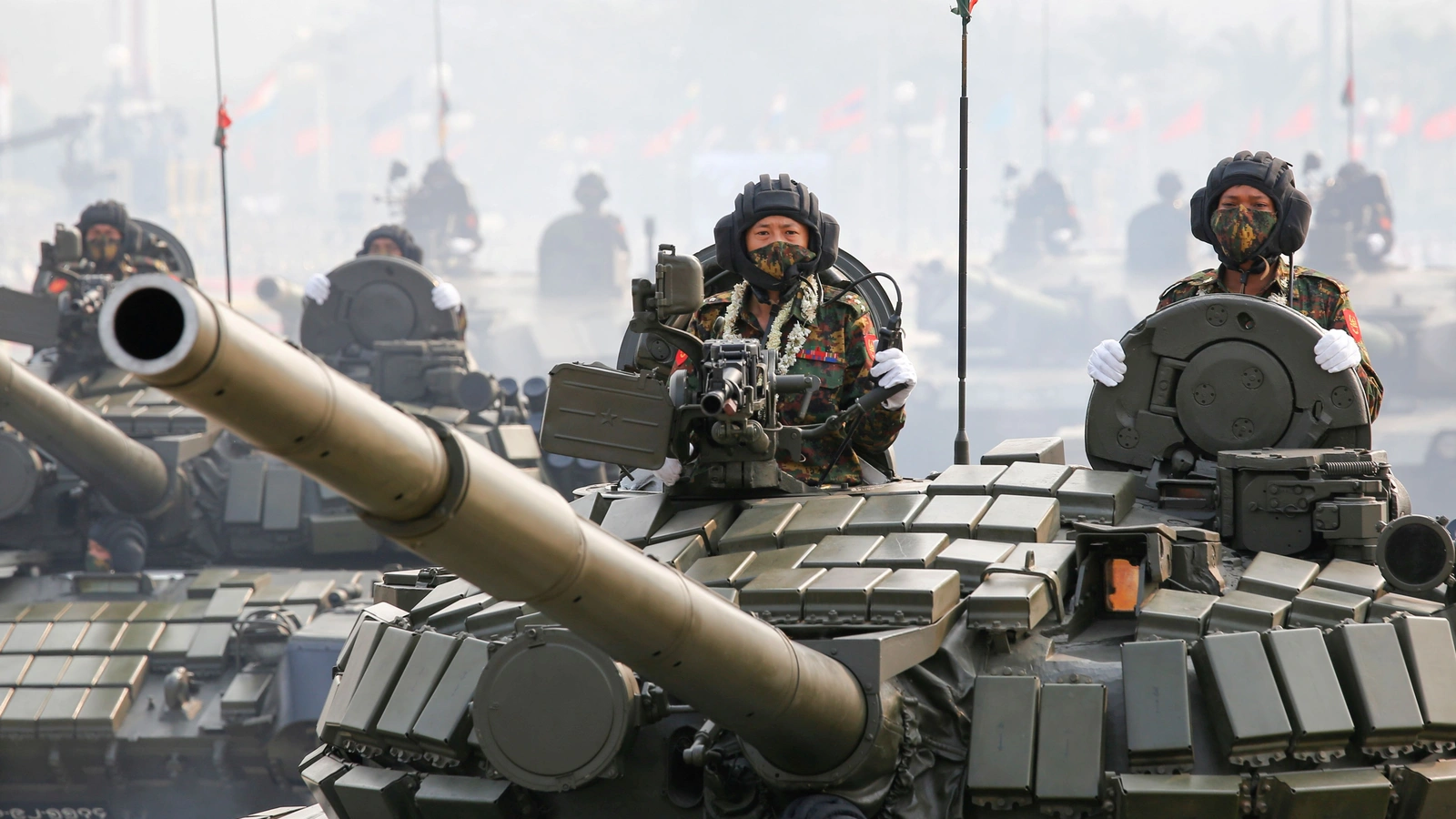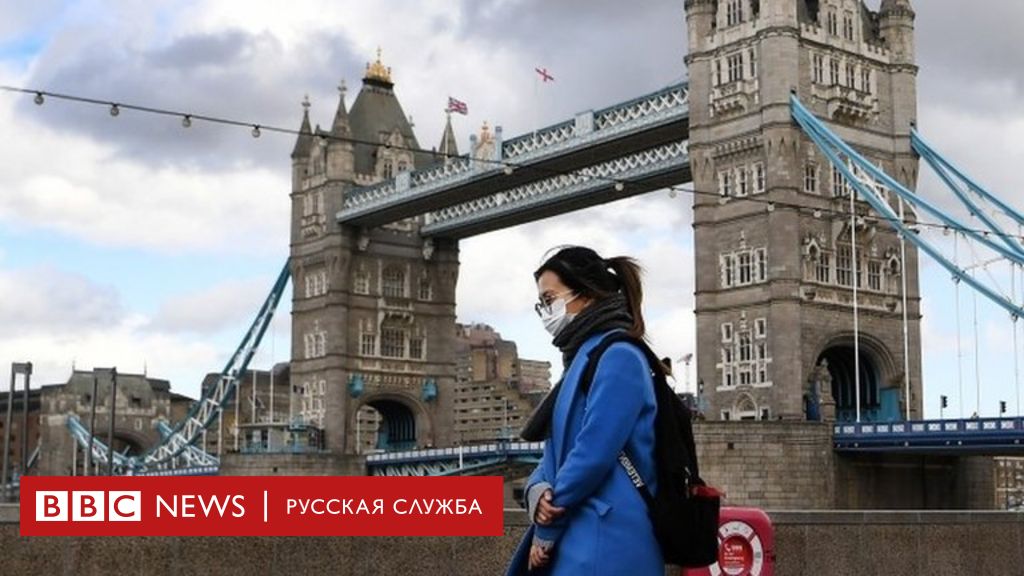Myanmar's Military Junta: A Critical Analysis Of Britain And Australia's Response

Table of Contents
The Nature of the Crisis and the Role of the Myanmar Military Junta
The coup, led by General Min Aung Hlaing, ousted the democratically elected government of Aung San Suu Kyi, shattering the fragile progress towards democracy. The subsequent crackdown involved widespread violence, arbitrary arrests, and extrajudicial killings, leading to a massive humanitarian crisis. The junta’s actions have systematically violated human rights, triggering widespread condemnation from the international community.
- Key events leading up to the coup: The November 2020 elections, which the military claimed were fraudulent, served as the pretext for the coup. Growing tensions between the military and the civilian government preceded this event.
- The scale of human rights violations under the junta: The Assistance Association for Political Prisoners (AAPP) documents thousands of deaths, countless injuries, and widespread human rights abuses, including torture, sexual violence, and enforced disappearances.
- Impact on civilian population (refugees, economic hardship): The violence has forced hundreds of thousands to flee their homes, creating a massive refugee crisis in neighboring countries. The economy has crumbled under the weight of sanctions and political instability, leading to widespread poverty and hardship.
- Role of ethnic armed organizations (EAOs) in the conflict: The coup has exacerbated existing conflicts between the Myanmar military and various ethnic armed organizations, further destabilizing the country and complicating humanitarian efforts.
Britain's Response to the Myanmar Military Junta
Britain has responded to the Myanmar Military Junta with a combination of sanctions, diplomatic initiatives, and humanitarian aid. However, the effectiveness of these measures remains a subject of debate.
- Specific sanctions imposed (individuals, entities, sectors): The UK has imposed targeted sanctions on individuals associated with the junta, including General Min Aung Hlaing, and entities involved in human rights abuses and the suppression of dissent. Specific sectors like the jade and timber industries have also faced sanctions.
- Effectiveness of British sanctions in pressuring the junta: While sanctions have undoubtedly imposed economic costs on the regime, their overall effectiveness in changing the junta's behavior remains limited. The junta has shown resilience, and alternative trade routes have partially mitigated the impact.
- Level of humanitarian aid provided and its impact: Britain has provided significant humanitarian aid to address the crisis, supporting organizations providing essential services to those affected by the conflict. However, access to aid remains a major challenge due to security concerns and restrictions imposed by the junta.
- Role of the UK in international forums (UN, ASEAN): The UK has actively engaged in international forums like the UN Security Council and ASEAN to coordinate a response and exert pressure on the junta. However, achieving consensus on strong actions has proven difficult due to differing geopolitical interests.
Strengths and Weaknesses of Britain's Approach
- Positive impact of sanctions: Targeted sanctions have put pressure on individuals and entities directly involved in human rights abuses, signaling international condemnation.
- Limitations of diplomatic efforts: Diplomatic efforts have been hampered by the junta's unwillingness to engage in meaningful dialogue and a lack of leverage on the international stage.
- Gaps in humanitarian assistance: Despite substantial aid, accessing vulnerable populations remains a significant hurdle, limiting the impact of humanitarian interventions.
Australia's Response to the Myanmar Military Junta
Australia's response to the Myanmar Military Junta mirrors Britain's in its multifaceted approach, combining sanctions, diplomacy, and humanitarian support.
- Specific sanctions imposed (individuals, entities, sectors): Similar to the UK, Australia has imposed targeted sanctions on key individuals and entities linked to the junta and its human rights violations.
- Effectiveness of Australian sanctions in pressuring the junta: The impact of Australian sanctions, while contributing to the overall international pressure, is also limited by the junta's ability to find alternative trade partners.
- Level of humanitarian aid provided and its impact: Australia has provided significant humanitarian assistance, though challenges in delivering aid effectively persist.
- Role of Australia in international forums (UN, ASEAN): Australia has participated in international efforts to address the crisis, though its influence within ASEAN is relatively limited compared to regional powers.
Strengths and Weaknesses of Australia's Approach
- Positive impact of sanctions: Australian sanctions contribute to the collective international pressure on the junta.
- Limitations of diplomatic efforts: Similar limitations as those faced by the UK exist, with limited leverage to influence the junta's behavior.
- Gaps in humanitarian assistance: Despite efforts, effectively reaching vulnerable populations within Myanmar remains a significant challenge.
Comparative Analysis of Britain and Australia's Responses
Both Britain and Australia have adopted broadly similar approaches to the Myanmar Military Junta, utilizing a combination of targeted sanctions, diplomatic engagement, and humanitarian assistance.
- Similarities and differences in their sanctions regimes: While both countries have imposed sanctions on similar individuals and entities, the specifics of their sanctions regimes may vary slightly.
- Effectiveness of their diplomatic strategies: Both countries face similar limitations in their diplomatic efforts due to the junta's intransigence and the complexities of the regional geopolitical landscape.
- Coordination between the two countries: The level of coordination between Britain and Australia on Myanmar is likely high, given their shared values and strategic interests.
- Areas for improved collaboration: Strengthening coordination on sanctions enforcement and exploring innovative diplomatic strategies could improve their effectiveness.
Conclusion
The crisis in Myanmar continues to pose a significant challenge to the international community. While Britain and Australia have implemented sanctions and provided humanitarian aid, the effectiveness of their combined response in altering the junta's behavior remains limited. The junta's resilience, coupled with the complexities of the internal conflict and the limitations of international pressure, highlight the difficulties in resolving this protracted crisis. The junta's actions and their impact on the people of Myanmar require sustained attention.
The ongoing crisis in Myanmar demands sustained and coordinated international pressure on the Myanmar Military Junta. Further research into the effectiveness of targeted sanctions and exploring alternative strategies for promoting democracy and human rights are crucial. Increased engagement and collaboration between countries like Britain and Australia, along with other concerned nations, are necessary to achieve meaningful progress in resolving this devastating conflict. Continued critical analysis of the Myanmar Military Junta's actions and the international response is essential to finding effective solutions.

Featured Posts
-
 Sabalenkas Controversial Stuttgart Victory A Photos Role In The Dispute
May 13, 2025
Sabalenkas Controversial Stuttgart Victory A Photos Role In The Dispute
May 13, 2025 -
 Myanmars Military Junta A Critical Analysis Of Britain And Australias Response
May 13, 2025
Myanmars Military Junta A Critical Analysis Of Britain And Australias Response
May 13, 2025 -
 How To Train Your Dragon Live Action A Near Miss With A Controversial Choice
May 13, 2025
How To Train Your Dragon Live Action A Near Miss With A Controversial Choice
May 13, 2025 -
 Las Vegas Aces Deja Kelly Clutch Performance Secures Win
May 13, 2025
Las Vegas Aces Deja Kelly Clutch Performance Secures Win
May 13, 2025 -
 Britaniya Gotova Obsuzhdat S Es Voprosy Bezopasnosti
May 13, 2025
Britaniya Gotova Obsuzhdat S Es Voprosy Bezopasnosti
May 13, 2025
